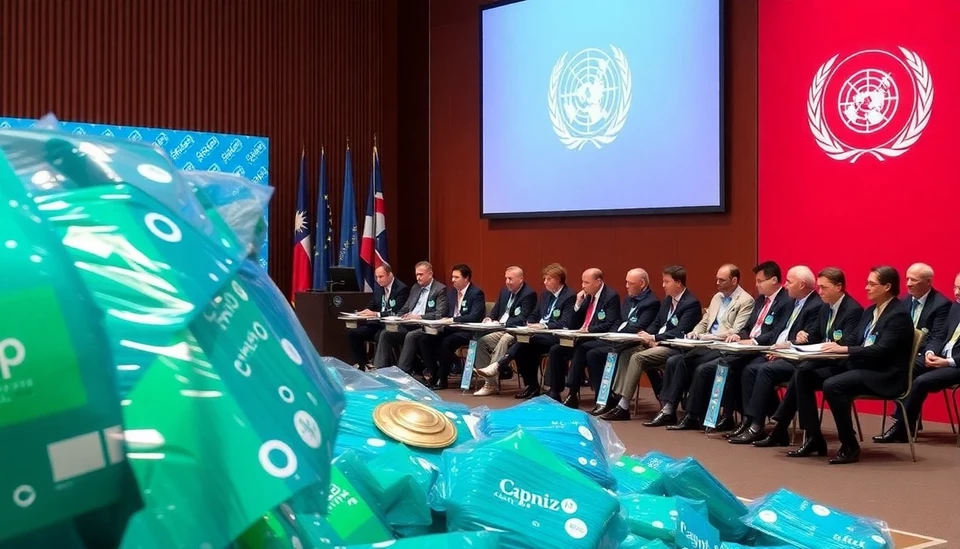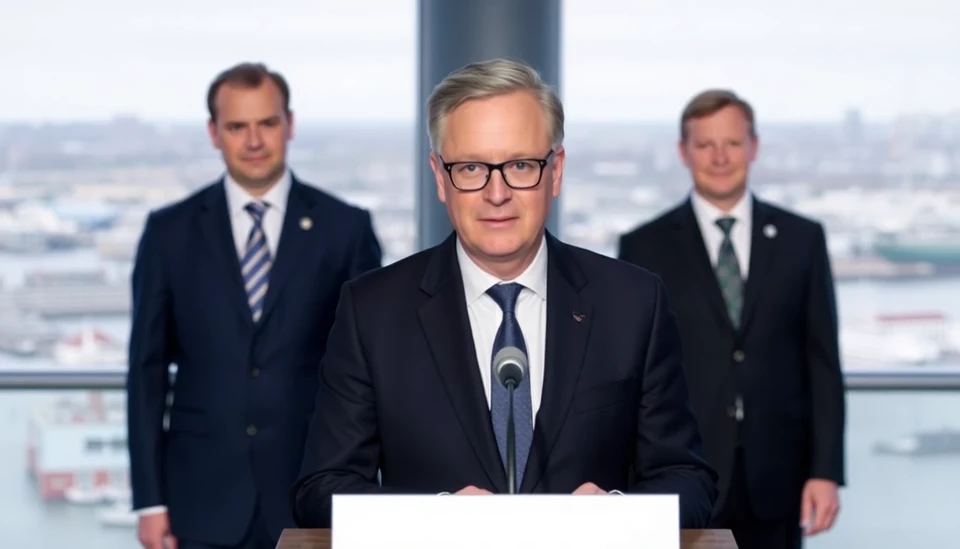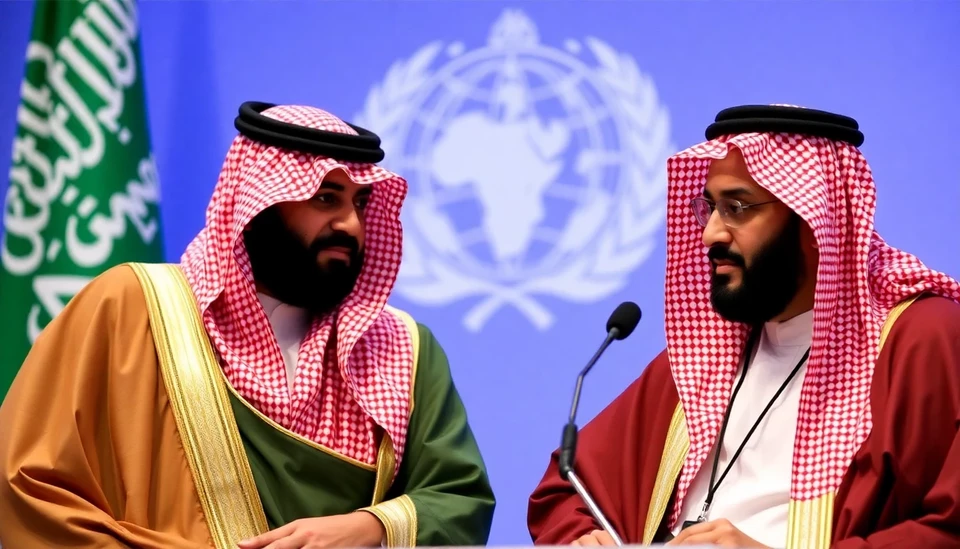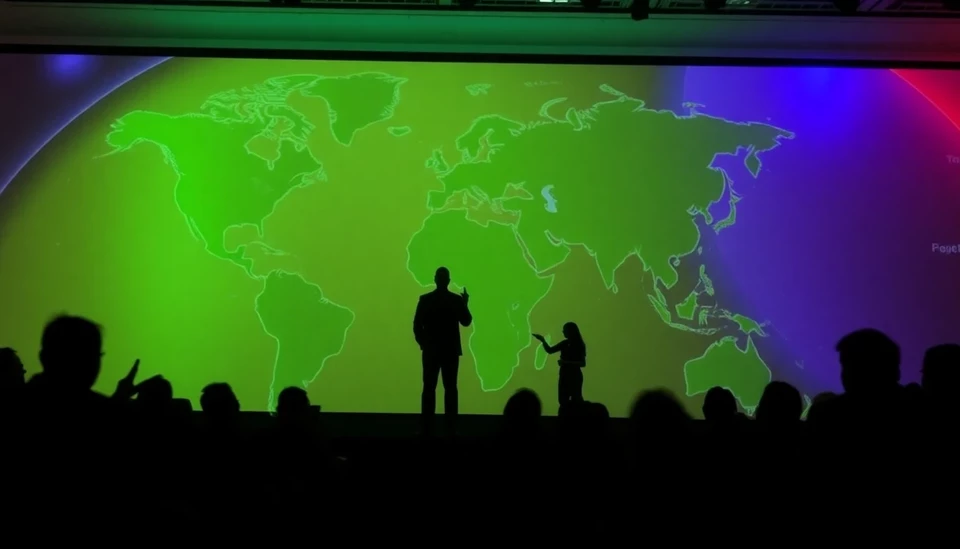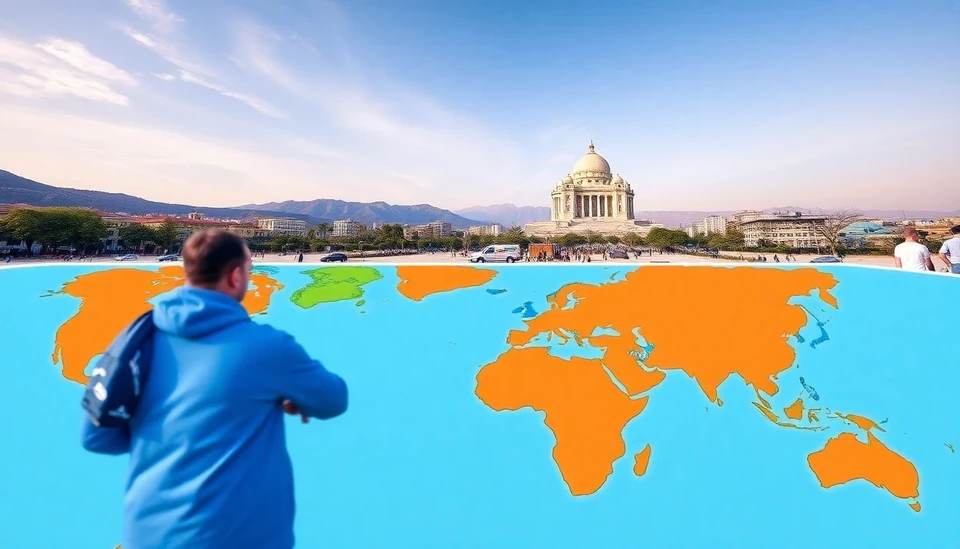
As the 29th Conference of the Parties (COP29) to the United Nations Framework Convention on Climate Change unfolds in Baku, Azerbaijan, the event highlights not only pressing global climate issues but also the complex local implications for communities in the host city. While world leaders, policymakers, and climate activists gather to issue pledges and discuss ambitious plans for environmental protection, the local populace faces the brunt of infrastructural and social upheaval following decisions made in the name of progress.
The COP29 conference, set against the backdrop of Baku's rich cultural heritage and modern ambition, has sparked a mixed reaction among residents. Many local citizens express increasing concern as the summit brings an influx of foreign delegates, heightened security measures, and significant financial investments—which, while ostensibly aimed at advancing climate goals, threaten to push local needs and voices further into the background.
With the conference attracting significant media attention and international scrutiny, small businesses and vendors in the vicinity have started to feel the pinch. The once-bustling marketplaces and streets leading to the conference venue have seen a drop in foot traffic, exacerbated by enhanced security protocols that restrict access, limiting local customers and profoundly affecting daily commerce.
Moreover, the urban landscape of Baku is undergoing rapid change as part of the preparations for COP29. Construction and renovation projects have surged, aimed at accommodating the numerous dignitaries and representatives in attendance. While some see the improvements as beneficial for long-term city infrastructure and tourism, residents are aware that this will also mean increased living costs, particularly in areas like housing and essentials. Many locals fear that such developments may prioritize international visitors over their community needs.
While the intent of global climate discussions is to cultivate a cooperative approach to mitigating climate change impacts, the consequences at the local level often tell a different story. The voices of concern from residents reflect a sentiment of being sidelined in the conversations that are shaping their environment. Local activists have taken to social media and community gatherings to call for more inclusive dialogue, urging for initiatives that do not merely center around international agendas but also prioritize sustainable development that directly benefits the citizens of Baku.
In this context, the irony of an international climate summit is not lost on the citizens who call Baku home. Many wonder how their lives will improve post-summit and whether the promises made within the conference rooms will translate into tangible results on the streets of Baku. As goals and commitments are fervently debated, the foundational question remains: who truly benefits from these climate conversations—and who is left behind?
As COP29 continues, local voices are more critical than ever. They remind the broader climate community that the path to sustainability must include equitable solutions that uplift local populations, aligning global ambitions with the realities of everyday life in host cities. The bridge between ambitious climate commitments and genuine community empowerment is crucial, but it risks being overshadowed if local needs remain unmet throughout and after the summit.
In conclusion, while the COP29 conference in Baku presents an essential platform for climate action, the concerns of Baku's residents signify the importance of aligning international climate goals with local realities. Without adequate recognition and attention to grassroots voices and needs, the very essence of sustainable development may be jeopardized.
#COP29 #ClimateSummit #Baku2024 #SustainableDevelopment #LocalVoices #ClimateAction #CommunityImpact
Author: Sophie Bennett

